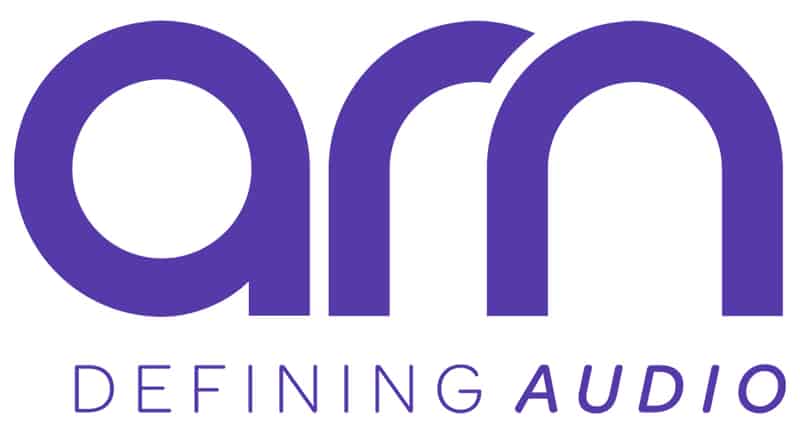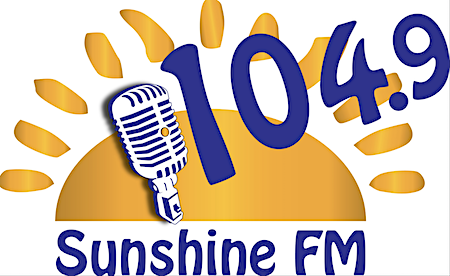Triple J grill Spotify boss

The launch of Spotify this week in Australia continues to attract headlines for the wrong reasons.
Following the Black Keys referring to the company as 'arseholes' (read here), now one of their media partners in Australia, Triple J, has put them through the third degree in an awkward interview with the Managing Director of Spotify.
Kate Vale, Spotify MD, was a guest on Triple J's Hack program with host Sophie McNeill (pictured) for what she may have presumed was an innocuous interview about the freshly launched brand in Australia.
Instead what she received was a grilling over the royalty structure the company uses and accusations that the company 'rips off' artists.
Read the full transcript of the interview at Digital Music News here, or read it below.
McNeill: Spotify has caught a fair amount of criticism overseas for how much money from its services goes back to the artists. One example is Lady Gaga, she reportedly earned just $167 from one million plays of her hit song, 'Poker Face'. That's not much at all, do you dispute that figure?
Vale: Yeah, absolutely I mean it's-
McNeill: So how much did she earn then?
Vale: I don't know exactly how much she earned, but that figure was actually from 2008, and was only in Sweden. And it was just as Spotify – as you can see we just launched. So, Lady Gaga was being listened to in other countries around the world, that was just one country in Sweden. And I don't think those numbers are actually accurate, either. Since Spotify's inception in 2008, we have given back over $250 million US dollars to the labels, who in turn remunerate the artist.
McNeill: Have you got a figure – if you've got a band who's had a song listened to a million times – an Australian band like Boy & Bear, or Husky, or Gotye – gets a song and it's listened to a million times on Spotify. How much would they earn from that?
Vale: We actually don't have relationships with the artists themselves. Our negotiations, our licensing deals are with the labels themselves, and they in turn then remunerate the artists.
McNeill: Well that's actually been one of the criticisms, which is that this is set up to benefit the labels not the artists. The Black Keys for example have refused to get involved with Spotify, the Black Keys drummer Patrick Carney has said that if it was fair to the artists, they would be involved in it. What's your response to that?
Vale: Well there are still a few artists out there that are not on Spotify, and we hope that we can change that over time.
McNeill: But the Black Keys – they're a major artist, they're the kind of band that, if what you're saying is true you'd think would benefit from Spotify, that they'd be making a lot of money from it. So why won't they get involved if it's meant to benefit them?
Vale: I think there's all sorts of reasons, I think it depends on the artist and their band manager, and what they think of streaming music services. Bob Dylan was a clear artist that wasn't on our service for a long time; we've just managed to get him on board as well. There are a number of artists that exist in that way.
McNeill: Pat Carney he says that if Spotify becomes something that people are willing to pay for, then I'm sure iTunes would create their own service like that. And he says that iTunes is actually fair to artists. What's your response to that?
Vale: Look, I think we are absolutely fair to artists, you look at why Spotify was founded and why we were born. That was in Sweden in 2008, and the reason that Daniel Ek and Martin Lorentzon founded Spotify was to combat piracy.
McNeill: Is Spotify going to make public its finances when it comes to contracts with the labels and how much they receive per play of the songs that they own?
Vale: I don't think so at this stage.
McNeill: Why?
Vale: I'm not sure.
McNeill: Well, can you understand then why music lovers, bands, people involved in the industry are worried about something like this that could so dramatically change the way we consume music? And then when I ask you about disclosing it, and you say, 'no, I don't have a reason,' I mean-
Vale: Well, I just don't know to be honest. Look, I mean, I think you're talking about a very few number of artists who have these issues. Most of the music world love us, and are very excited about us arriving in Australia. These issues are very few and far between.
McNeill: [Triple J show] Hack has heard from people in the industry who say they are seriously worried about the effect of Spotify on the digital download market here in Australia. Digital sales are only just starting to fill the void that was left off by people that stopped buying CDs. Could you be harming the music industry's only chance of survival, which is the digital download market?
Vale: I don't think so, and I don't think that's the money – the market that we're after. So, essentially if we can get people on board in Australia, so that 2, 2.5, 3 million people who are downloading music illegally every month, if we can get them onto using a service, then that's better for everyone. And it's been proven in every market that Spotify exists, where we have launched, digital revenue goes up, and piracy goes down.


